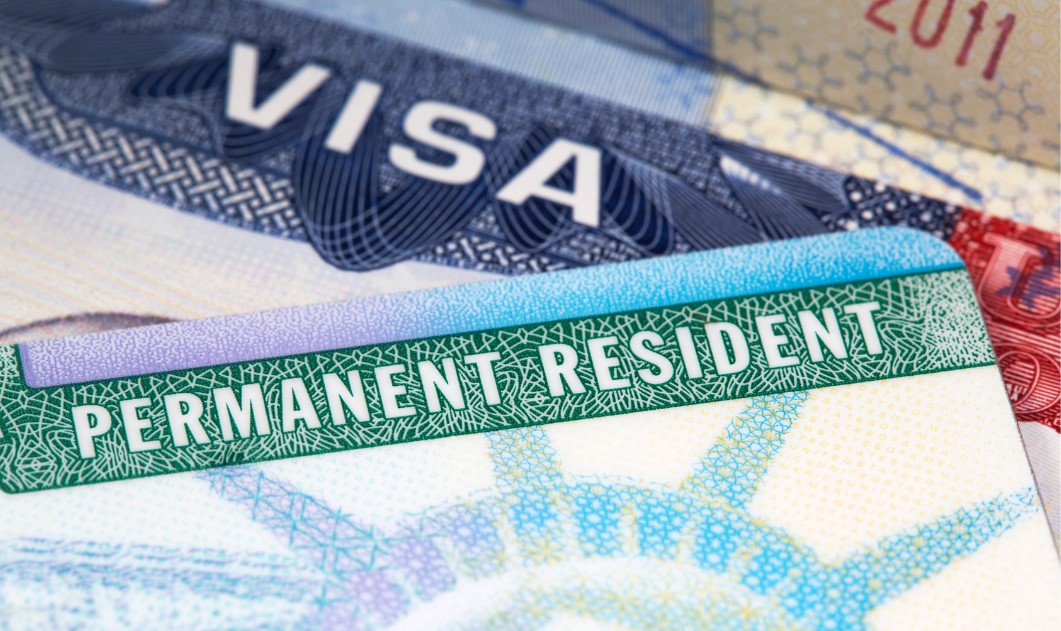 The “245(i) provision” refers to a part of the Immigration and Nationality Act that was created to allow certain undocumented immigrants to apply for adjustment of status (green card) without having to depart the United States. This section of the law was particularly helpful to those who entered the U.S. without inspection or overstayed their visas but had an eligible relative or employer willing to file an application for them.
The “245(i) provision” refers to a part of the Immigration and Nationality Act that was created to allow certain undocumented immigrants to apply for adjustment of status (green card) without having to depart the United States. This section of the law was particularly helpful to those who entered the U.S. without inspection or overstayed their visas but had an eligible relative or employer willing to file an application for them.
Here’s a brief overview of how it worked:
Eligibility: To qualify under 245(i), an immigrant needed to have an immigrant visa petition or labor certification application filed on their behalf on or before the cut off date of April 30, 2001. This petition or application will be “grandfathered” under 245(i) even if the beneficiary (the immigrant) was out of immigration status at the time.
Most importantly the application had be be “approvable when filed.” This particularly important with regard to labor certifications which have a number of requirements to make them viable. VERY often they were not. Often because the sponsor could not afford to pay the immmigrant the wage required under the law.
Application Process: Eligible immigrants could pay a penalty fee (which was part of the 245(i) provision) along with their application for adjustment of status. This allowed them to regularize their immigration status without leaving the U.S. and potentially triggering a bar on re-entry due to their unlawful presence.
Expiration: The 245(i) provision expired on April 30, 2001. After this date, immigrants who did not have a qualifying petition or application filed on for them could no longer benefit from this provision in the law.
Since the expiration of 245(i), there have been various attempts to revive or extend its benefits through legislative efforts, but as of my last update, it remained expired.
